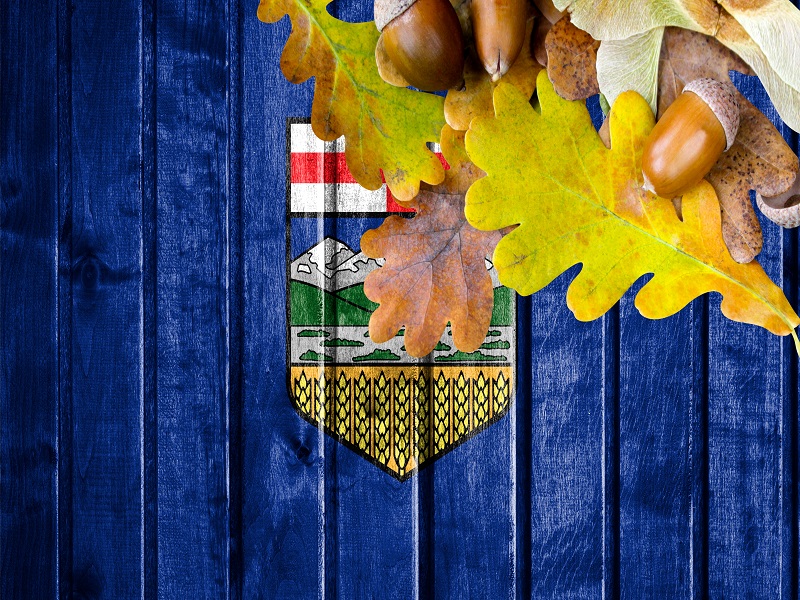

Finance Minister Nate Horner says if Alberta abandons the Canada Pension Plan to run its own stand-alone fund, it will not adopt Quebec’s model, which mandates optimizing returns while also investing in the province.
His comments come three weeks after Premier Danielle Smith said her government wants to hear from Albertans first before they make decisions such as whether to follow the Quebec model. “We don’t believe in going down the model that Quebec has,” Horner told the Ryan Jespersen online show last week. “We want everyone to know clearly that this [Alberta investment model] will be for the operation of the pension plan.”
Legislation will be introduced this fall to effectively cancel out using the Quebec model, he said, and spell out that “any (pension) assets used would only be used for a pension plan.”
Read: Alberta deserves more than half CPP assets if it exits program: report
When it comes to mitigating risk for pension plans, the goal will be to go big and go broad, he added. “Whoever would be investing this on behalf of Albertans, it will have to have a complete global investment profile. There’s no [other] way that you can manage risks and have certainty in pension plans. No one around the world does this without a complete global profile.”
The Quebec model was one option Smith’s government was asked to consider in a report it commissioned on the viability of a stand-alone pension plan. Quebec didn’t join the CPP when it was created in the mid-1960s, but instead set up its own fund. The managers of the QPP fund have a dual mandate to optimize returns and also contribute to Quebec’s economic development.
In Alberta, that has led to concern by some that if Alberta employs this model it will put the fund at risk with “Alberta dumping money into an [oil and gas] industry that has a phase-out timeline,” Jespersen stated to Horner.
Smith was asked a similar question in a CBC interview on Sept. 21 when she released the third-party report from LifeWorks Inc. to begin the pension discussion. “How would the investment plan for an Alberta pension plan be managed and would it be removed and sheltered from political whims?” host David Cochrane asked Smith on the Power and Politics show.
“I don’t want to presuppose what that decision will be,” she replied. “We will probably get feedback from Albertans about what they would like. Would we want to model it more like the Caisse de dépôt et placement du Québec or would we want to keep it with the CPP Investment Board or is there some other model? I don’t think those decisions have been made yet. That will be part of the [public] consultation.”
Read: Alberta panel recommending province withdraws from CPP, creates Alberta Pension Plan
The consultation includes an online survey that began Sept. 21. Among the questions, it asks Albertans for input on how the fund should be managed and to weigh priorities such as maximizing returns and investing in Alberta.
According to LifeWorks’ calculations, Alberta deserves more than half of the $575 billion in the CPP fund and says, with that money, an Alberta pension plan could deliver lower contribution costs and higher payouts. Critics say the report’s math is questionable and the federal government and other provinces would never allow one member to take half of the CPP.
The Opposition NDP says Albertans have already made their feelings known in numerous public surveys that suggest a majority don’t want the province to touch the CPP. Albertans deserve a face-to-face dialogue, said NDP finance critic Shannon Phillips in a statement.
“The fact that the so-called [government] consultation on the future of the Canada Pension Plan does not include any in-person town halls is a move of pure cowardice. The UCP refuses to look Albertans in the eye and tell them why they’re moving aggressively to gamble their pension away.”
If Dinning says there is a public appetite for an Alberta pension, Smith has said there would be a referendum and a majority of Albertans would have to give the OK.
Read: Alberta opposition creates counter survey on province’s ‘unicorn’ plan to quit CPP
